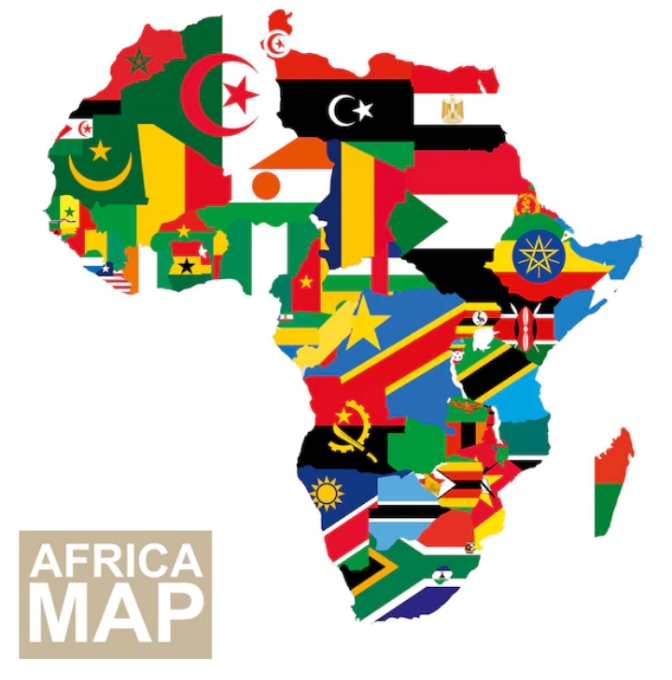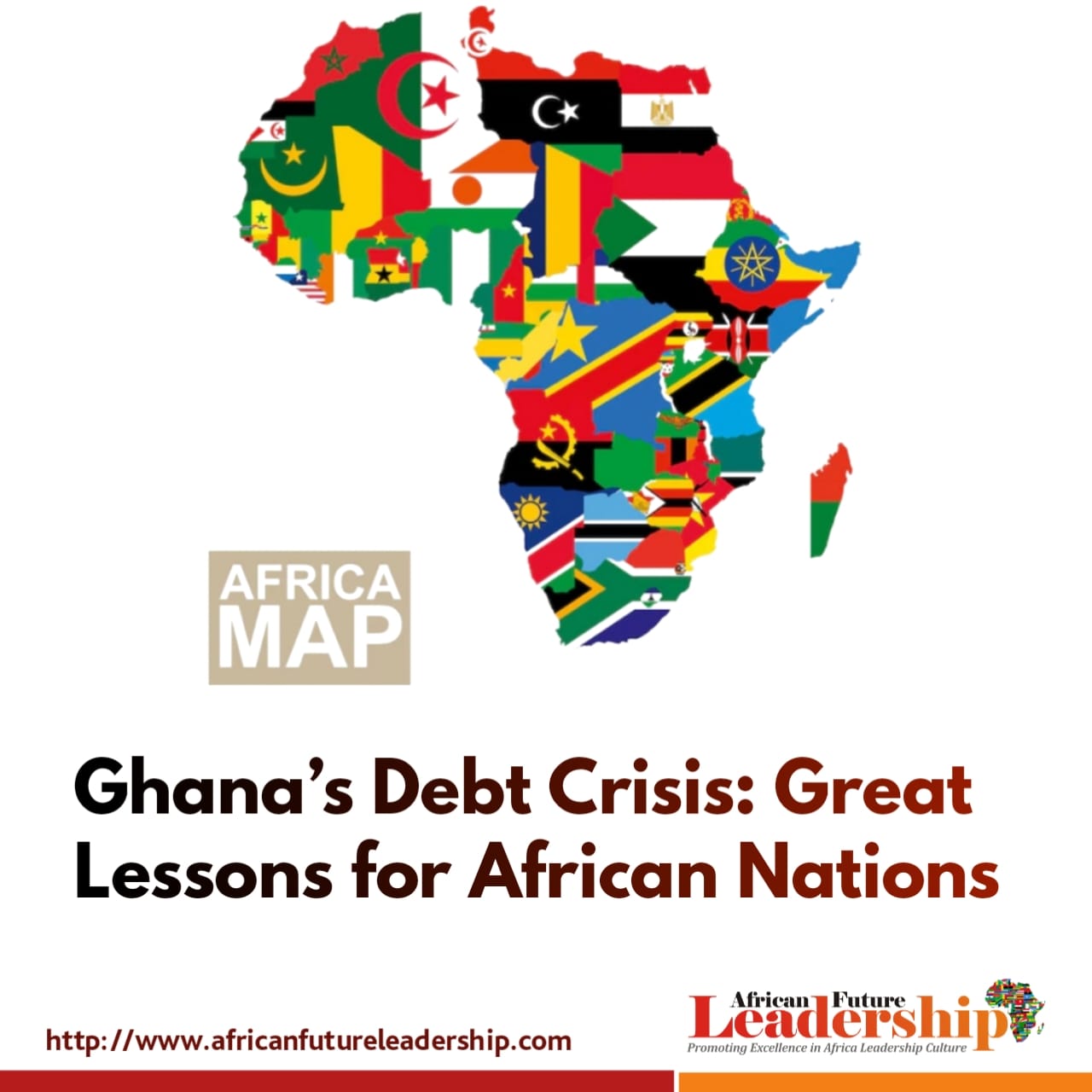By Mohammed Ohis Eroje
Africa’s consumer market is expected to rise astronomically in the coming years with consumer spending in Africa anticipated to very well surpass $2 trillion by 2025.
For instance, Nigeria is Africa’s largest economy being home to around 200 million people. And across the continent, the population stands at more than 1.2 billion.
In 2015, African consumers spent an estimated $1.4 trillion (Source: Mckinsey).
Three countries, South Africa, Nigeria and Egypt made up more than half of that total. And by 2025, consumer spending is much expected to top $2 trillion (Source: Mckinsey)
Expressing their consumerism tendency in Nigeria, Cynthia Bash said, “I could buy some things internationally, and there are some things I would definitely come back home to Nigeria to buy.”
Dare Esho, another avid consumer said, “Buying Nigeria made or locally made products, actually gives me, I would say, a sense of fulfilment. I hope the fact that you know someone has taken initiative to do something here, and why would I not want to encourage them. Give me good service; give me good things, I will buy them. I don’t have any problem with that.”
READ MORE: South Sudan Floods: Fleeing Nile Waters Find Way to a Minefield
With regards to the above, there has to be concerted efforts geared towards redefining sustenance of production activities especially in agriculture, in order to keep pace and ensure that demand does not far outstrip supply by year 2025.
It is in this light that NESLE Ltd has made giant strides.
Realising the numerous problems inherent in agricultural production in Africa, and the possible negative effect climate change could have on coffee and similar agricultural production by 2050, which will possibly also have severe adverse effect on the farmers and their livelihood, the company has launched a 10-year plan to help drive regenerative agriculture, reduce greenhouse gas emissions and improve farmers’ livelihoods. Nestle’s Nescafé, is the largest coffee brand and one of the world’s favourite coffees. The brand has outlined an extensive plan to help make coffee farming more sustainable: the Nescafé Plan 2030. The brand is working with coffee farmers to help them transition to regenerative agriculture while accelerating its decade of work under the Nescafé Plan. The brand is investing over one billion Swiss francs by 2030 in the Nescafé Plan 2030.
This investment builds on the existing Nescafé Plan as the brand expands its sustainability work. It is supported by Nestlé’s regenerative agriculture financing following the Group’s commitment to accelerate the transition to a regenerative food system and ambition to achieve zero net greenhouse gas emissions, while increasing output for agricultural produce astronomically.
This revolutionary NESTLE plan for introducing regenerative agriculture can actually be extended to the production of other agricultural crops for the attainment of large scale produce year in, year out.




